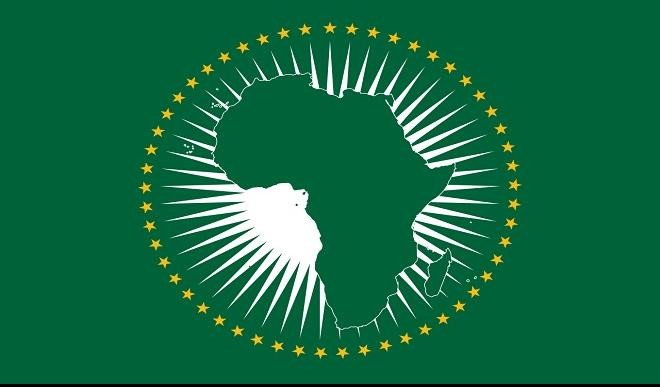African Union target for a corruption free Africa in 2018: How prepared is Nigeria?
The year 2018 is significant for Africa and more importantly, Nigeria, as it is the targeted year to end corruption on the continent with Nigeria leading the fight. This challenge was given by the association of African leaders in July, as it endorsed President Muhammadu Buhari, to champion the fight to end corruption on the […]


The year 2018 is significant for Africa and more importantly, Nigeria, as it is the targeted year to end corruption on the continent with Nigeria leading the fight. This challenge was given by the association of African leaders in July, as it endorsed President Muhammadu Buhari, to champion the fight to end corruption on the continent by 2018. Likewise, heads of anti-corruption agencies in the Common Wealth have also endorsed Nigeria’s own Economic and Financial Crimes Commission (EFCC) Chairman, Ibrahim Magu, to host the next conference of the association in 2018.
It is not surprising that African leaders have seen the need to address this menace called corruption that has stunted economic, political or social growth and development on the continent. Every region on the continent reeks of public officials’ abuse of office for personal gains and interest, from cases involving money laundering in billions of dollars and pounds; illegal acquisition of assets; misappropriation of funds; to negligence and total abandonment of responsibilities to the masses. This cankerworm has made the continent a constant object of ridicule, inviting negative comments and assertions from notable world leaders and their countries alike. Beside the soiled image, the ineffable hardship and backwardness visited on the continent because of this menace necessitate the need to fight back. Thankfully, the African Union has made the swift call, urging Nigeria to take the lead. However, the readiness of Nigeria in the pursuit of this AU 2018 vision is another thing altogether. The pertinent question therefore is how ready is Nigeria to deliver in 2018?
Considering the pivotal position Nigeria occupies on the continent; being at the forefront of negotiating peace and independence for some countries on the continent; arguably becoming the power hub of Africa, it is only normal that Nigeria plays the big brother again in the quest to liberate this great continent. This agenda has come at a time Nigeria itself has had enough of corruption and is desperately seeking total cleansing of the system.
Recall that President Muhammadu Buhari, from the beginning of his administration, launched the war against corruption and vowed to hold defaulters accountable. It was a thing of joy to imagine Nigeria on the path of being significantly, if not totally liberated from the shackles of corruption that has bedevilled its entire system of governance. However, two years on, whether the fight is successful or not is a question of politics. Nigerians are not unanimous on this and understandably so.
As a country, we need to appreciate that the fight against corruption must be won. The consequences that this culture of corruption unleashed on this country are enough motivation to declare it a taboo for this country. We must move at a speed of light if we must go beyond the wishful thinking to end corruption in Nigeria. The fight cannot start without first and foremost, sanitizing the judiciary to be able to truly deliver justice, the prosecutors and the police institutions, to adequately prosecute offenders without compromise, and the masses to totally abhor corruption, rejecting, condemning and criminalizing it in every form.
Understandably, we cannot always have the best laws, but having a judiciary that is truly pro- development will be strategic to this fight. Sanctions must go beyond mere forfeiture and paltry jail term with an option of a bail for any offender. Corruption demands the harshest prize to be paid because it has a ripple effect on the society which ultimately translates to many deaths among the masses. Thus, countries that abhor corruption know that it cannot be courted. China and North Korea, for instance, have death sentence for public officials involved in bribery, corruption and other related crimes; Iran, Iraq, Pakistan, Myanmar, Vietnam all share the same sentiments.
Except if it is business as usual, this administration must appreciate that this snail movement cannot yield meaningful results. The stated commitment to combat corruption comes with a corresponding responsibility to implement strategies of preventive measures, criminalization and law enforcement, international corporation, asset recovery, and technical assistance and information exchange as prescribed by the United Nations Office on Drugs and Crimes.
Thankfully, institutions already exist in the country to ensure the above, however, they must be strengthened to truly achieve a corrupt free society. The call to end corruption in Africa is real and Nigeria only has few months to deliver on expectations. This is an opportunity to reclaim our position as the continent’s pace setter and harness every resource available to us to collectively eradicate this shackle.
Freda Ukpoju, the media officer for SAY NO CAMPAIGN NIGERIA, wrote from Abuja.
